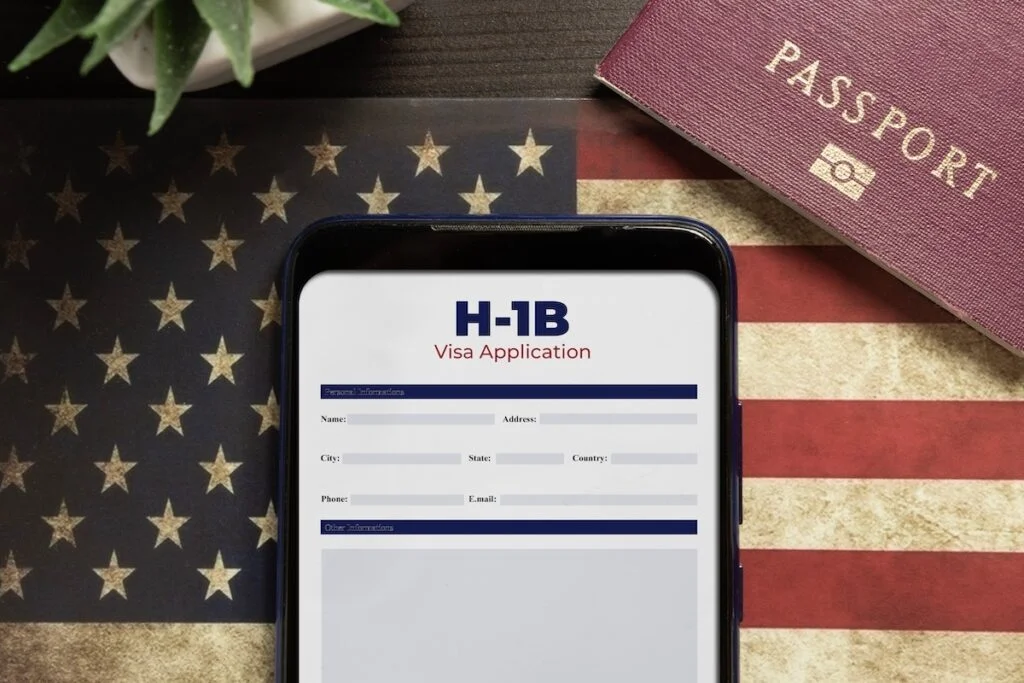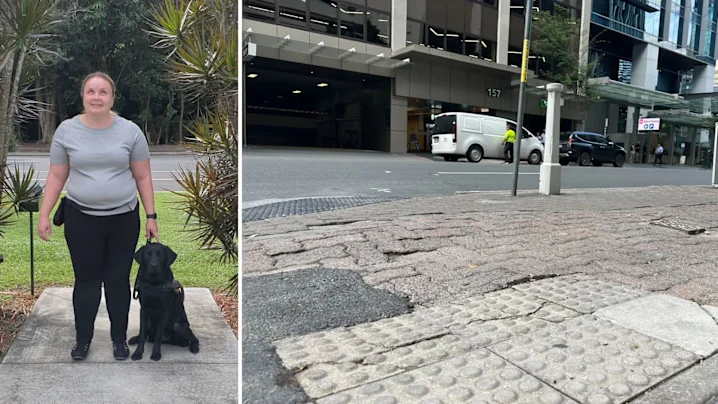Trump’s $100K H-1B Fee: ‘Early Teams Can’t Swallow That Tax’ CEO Says As Startups Brace For Impact

President Donald Trump’s decision to attach a $100,000 fee to H-1B visa applications stunned the technology last week after the decision, with startups warning that the cost could cripple early-stage teams while shifting talent pipelines to Canada and the U.K.
White House press secretary Karoline Leavitt later clarified that the fee took effect with the proclamation but applies only to new petitions starting with the next lottery cycle, not to current visa holders or renewals.
She added that existing H-1B holders can continue to leave and re-enter the United States “to the same extent as they normally would,” which eased immediate concerns for those already abroad while raising questions about how startups will manage the new cost going forward.
Don’t Miss:
Bezos’ Favorite Real Estate Platform Launches A Way To Ride The Ongoing Private Credit Boom
An EA Co-Founder Shapes This VC Backed Marketplace—Now You Can Invest in Gaming’s Next Big Platform
Startup Founders Say $100K Knocks Out Early Teams, While Big Tech Can Absorb the Hit
The proclamation triggered immediate responses from the startup community, where founders and investors say the new $100,000 fee could change how young companies hire talent. While larger firms may have the resources to absorb the surcharge, entrepreneurs argue the cost would fall hardest on early-stage teams already stretched for capital.
“Now we’re making H-1B sponsorship prohibitively expensive, cities outside the U.S., like Toronto, Vancouver, and London, will pick up the talent,” Paid founder Manny Medina wrote on LinkedIn. “To my founder friends stuck in visa limbo: London’s doors are open,” he added.
“Early teams can’t swallow that tax,” Y Combinator CEO Garry Tan also warned in a LinkedIn post, adding that while a $100,000 fee may not affect large technology firms, it would “kneecap startups and bodyshops the same, and that’s a mistake.”
Trending: Backed by $300M+ in Assets and Microsoft’s Climate Fund, Farmland LP Opens Vital Farmland III to Accredited Investors
Xiao Wang, CEO of immigration technology startup Boundless, said in a company blog post: “The U.S. has built its leadership in technology and innovation by making itself the destination of choice for the world’s top talent,” adding that policies like this make it harder for ambitious people to come and put the U.S.’ standing as a global innovation leader at risk.
Boundless also said that new visa fees can typically only be introduced either through legislation passed by Congress or through a formal rulemaking process that requires months of public notice and comment, and said the policy is likely to be challenged in court.
Internal Memos Reveal How Tech and Finance Giants Responded
Major employers reacted in the hours after the proclamation was signed, with Amazon (NASDAQ: AMZN) urging staff abroad to return before the deadline and advised those in the country to remain there, Business Insider reported.
See Also: Shaquille O’Neal Wants People to Take Heart Health Seriously — This AI-ECG Could Make That Easier
Microsoft (NASDAQ: MSFT) issued similar guidance, calling the proclamation a travel restriction and telling employees to avoid leaving the U.S. to prevent being denied reentry. Google also circulated a notice, warning that any departure could complicate re-entry under the new fee requirement and strongly advising against international travel, according to Business Insider.
Outside of tech, Tesla (NASDAQ: TSLA) and Goldman Sachs (NYSE: GS) also circulated advisories, Business Insider said. Tesla asked H-1B workers to stay in the country or return before the deadline, while Goldman Sachs relayed guidance from its immigration counsel, Fragomen, urging caution around international travel until more details emerged.
Read Next: Have $100k+ to invest? Charlie Munger says that’s the toughest milestone — don’t stall now. Get matched with a fiduciary advisor and keep building



